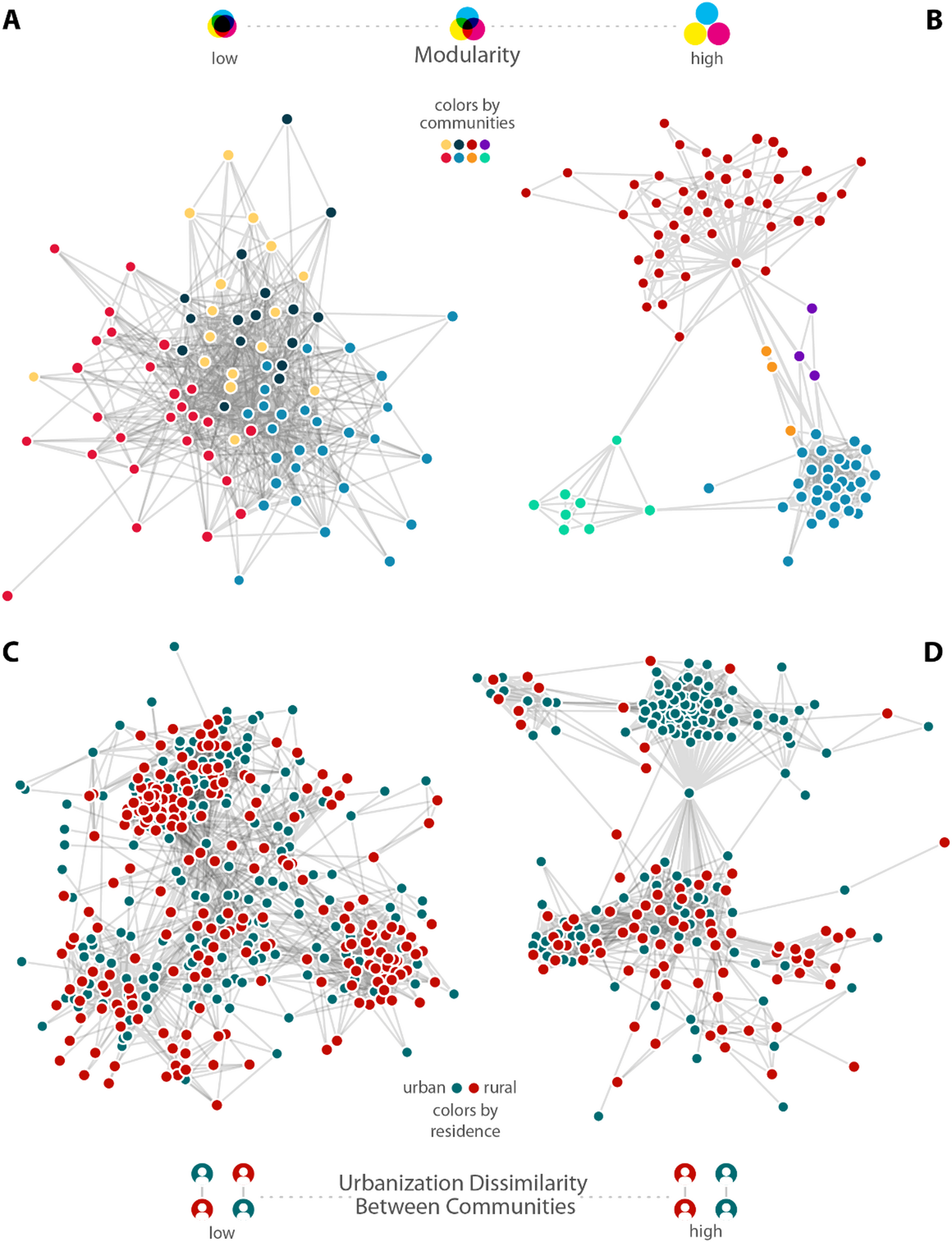Do diversity and context collapse kill an online social network?
Researchers of the RECENS group of the Centre for Social Sciences, Júlia Koltai and Károly Takács and of the ANETI Lab at Centre for Economic and Regional Studies, László Lőrincz and Johannes Wachs analysed if context collapse contributes to the decline of an online social network.
Our online social lives span various distinct circles: family, friends, work peers, and communities. When these circles merge in one online space, tensions can arise; because norms and expectations differ across groups. This blending of separate social contexts into a single digital presence is known as context collapse.
But does context collapse undermine users’ experience so much that it can lead to masses leaving the platform?
In their recent open-access study, they analyze this question by studying the fate of iWiW, a now-defunct Hungarian social network that once hosted over 3.5 million active users.
Focusing on ego networks of 10,000 randomly selected users, the team created a quantitative indicator context collapse based on network structure through two key indicators:
- Network fragmentation, measured via modularity—i.e., whether communities are distinct vs. overlapping.
- Social differences between communities, such as age and urban vs. rural composition.
Ego networks with different levels of modularity and dissimilarity in urbanization

By combining these measures, they tested whether users were more likely to leave the platform based on the structure and composition of their personal networks.
Their results were nuanced and striking:
- Users whose networks were fragmented and socially diverse (e.g., several separate communities with different age profiles or urban-rural mix) tended to exit the platform earlier. This suggests context collapse creates tension when diverse groups with differing norms co-exist but don’t interact
- Yet, the highest risk of leaving fell on users with non-fragmented networks where community members were socially similar. This might seem contradictory, but the interpretation is key: network fragmentation itself tends to reduce the probability of leaving, because fragmented users have multiple engagement channels to fall back on.
While the death of the iWiW is more than a decade-old story, the study resonates strongly with recent social media shifts. For example, platforms like Facebook (Meta) and X (formerly Twitter) see user migration to more niche spaces. On major platforms, users still often face conflicting norms across their social circles (family, professional, activist communities). The tension between preserving distinct identity contexts and the ambiguous spillover onto others mirrors the “fragmentation vs collapse” dynamic. Rise of Context-Sensitive Spaces like Slack, Discord, or emerging private/community-based platforms may stem from a need to preserve context separation, suggesting that successful platforms might allow for distinct audience segmentation, reducing harmful context collapse.
 Reference:
Reference:Koltai, J., Lőrincz, L., Wachs, J. et al.
Do diversity and context collapse kill an online social network?
Appl Netw Sci 10, 26 (2025).
https://doi.org/10.1007/s41109-025-00719-6


